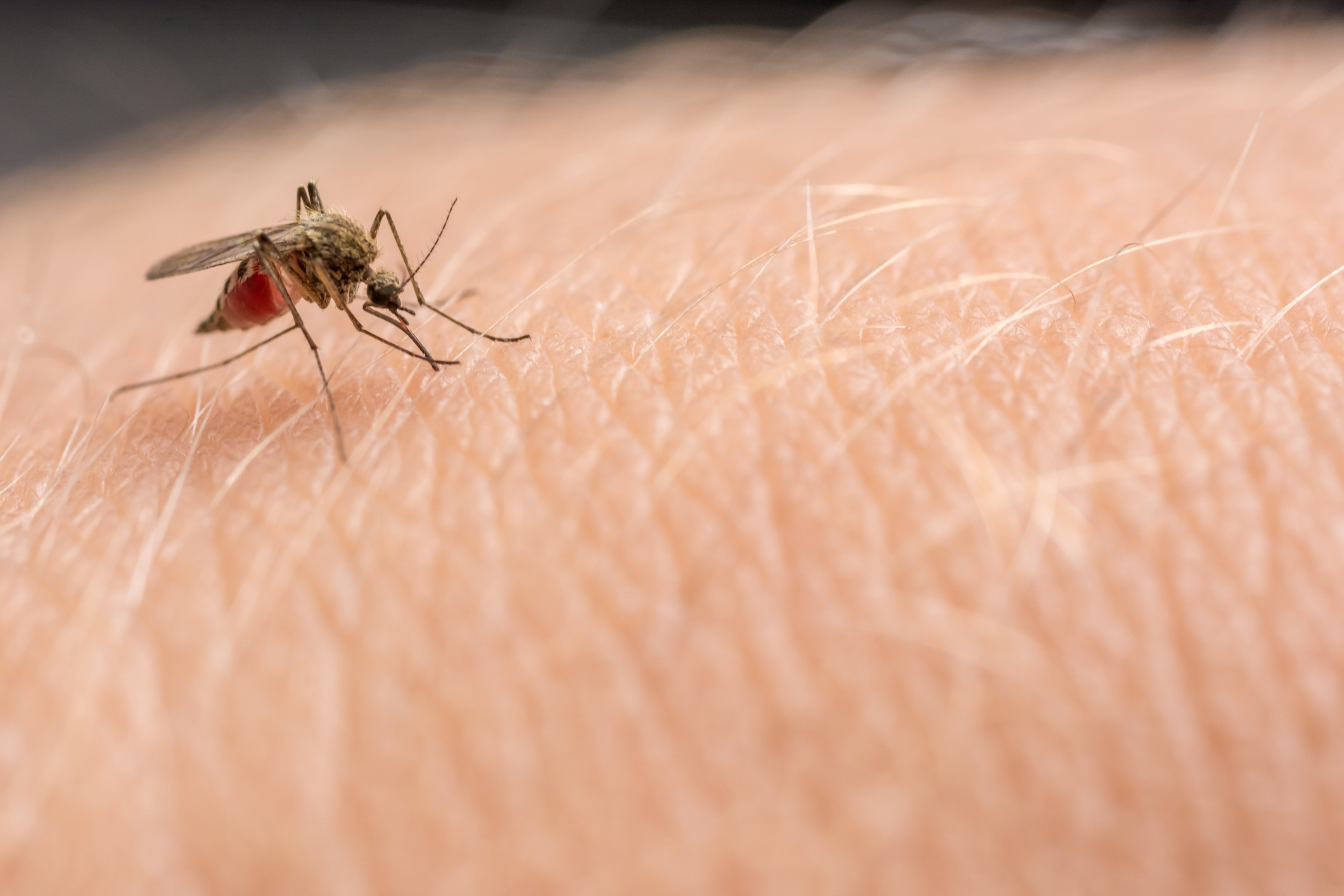Everything You Need to Know When It Comes to West Nile Virus
According to the Kansas Department of Health and Environment (KDHE), West Nile Virus is the most common mosquito-borne disease in Kansas. In July, KDHE also issued a high-risk warning for West Nile virus throughout Kansas. The CDC reports that nationwide in 2019, 10 cases of West Nile Virus had been reported as of June 25th.
Transmitted through the bite of a mosquito, West Nile Virus was discovered in the United States in 1999 and is the leading cause of mosquito-borne disease in the United States according to the Centers for Disease Control and Prevention (CDC). Mosquitoes that feed on birds that are already infected with the virus will also become infected. West Nile Virus cannot be transmitted through coughing, touching or sneezing.
The infection is then transmitted to humans by mosquito bites. Typically, 8 out of 10 people infected with West Nile virus do not show or develop any symptoms of the infection according to the CDC. If you do develop symptoms, you may experience a headache, muscle weakness, neck stiffness, disorientation, or a high fever, amongst other symptoms.
It’s best to schedule an appointment with your primary care provider if you believe you are experiencing symptoms of West Nile Virus, as your primary care provider can order tests for West Nile Virus. Since there is no vaccine for West Nile Virus, you can use over-the-counter pain relievers to relieve some of your symptoms, including fever. Hospitalization may be necessary if you are diagnosed with a severe case of the virus.
Tips from the CDC
To help protect yourself and your family from mosquito bites, follow these tips from the CDC:
- Use insect repellant that has been registered with the Environmental Protection Agency (EPA). Ensure that the insect repellant you choose to use contains at least one of the following active ingredients: DEET, oil of lemon eucalyptus, para-menthane-diol, picaridin, IR3535, or 2-undecanone.
- Always follow the directions when applying insect repellant to children. If your child is under 2 months old, do not apply insect repellant to his or her skin.
- Reapply insect repellant as directed.
- When heading outside or into a wooded area, wear a long-sleeved shirt and long pants.
If you are experiencing symptoms of West Nile Virus and are in need of a primary care provider, call us toll-free 1-833-4NEWDOC (1-833-463-9362) to schedule an appointment.




